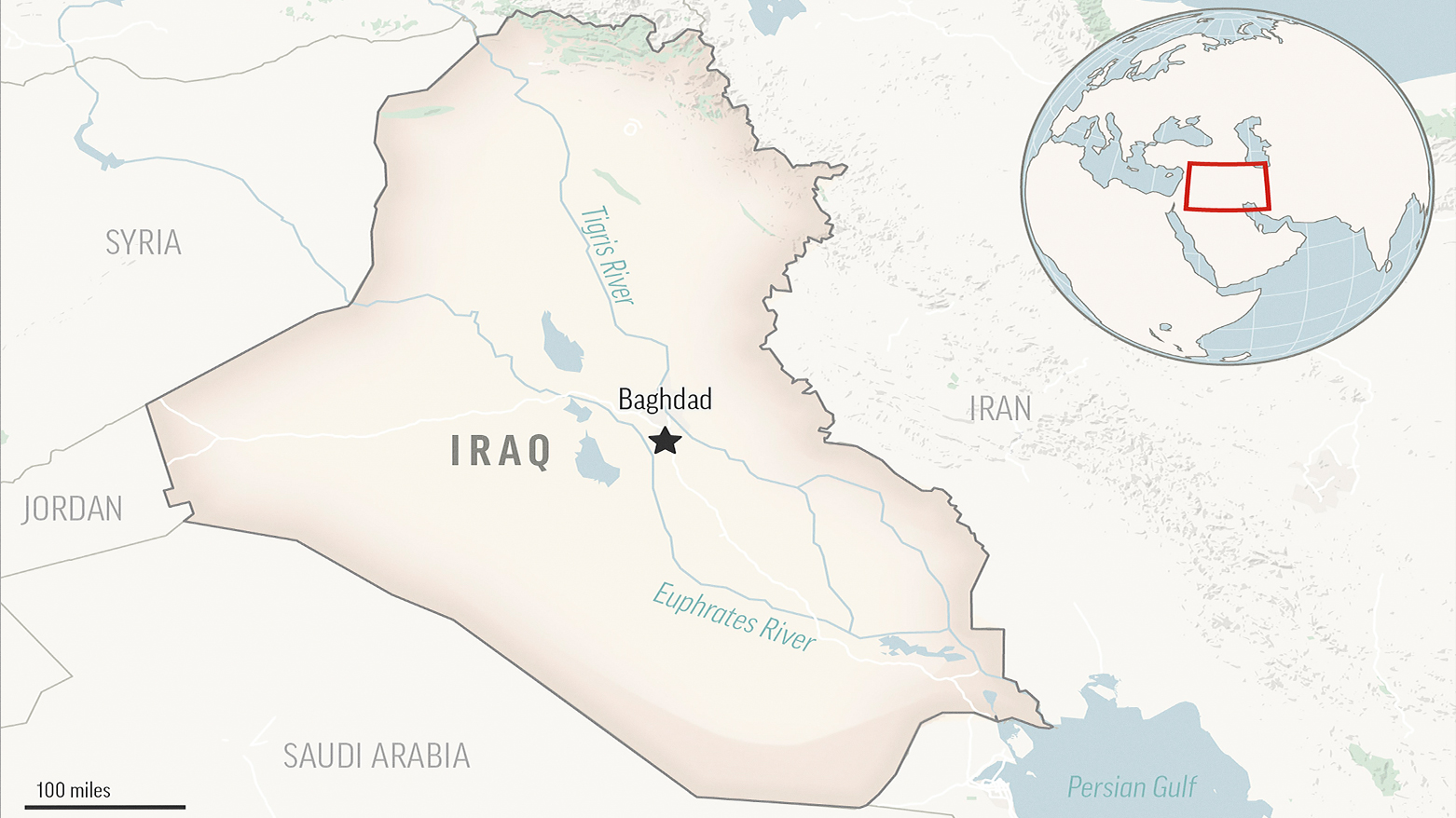Iraq explores new energy partnerships to enhance power supply
Iraq has historically imported approximately 20 million cubic feet of gas and 1,200 megawatts of electricity from Iran daily, but the government is now prioritizing energy security through new agreements and increased domestic production.

ERBIL (Kurdistan24) – The Iraqi Oil Ministry is actively engaging in negotiations with Saudi Arabia, Jordan, Kuwait, and Turkmenistan to secure alternative sources of gas and electricity, following US President Donald Trump’s decision to lift Iraq’s exemption from sanctions on Iranian energy imports.
Despite challenges related to high import costs, Iraq is taking decisive steps to diversify its energy sources. The Za'franiya power plant in Baghdad, which currently relies on Iranian gas, is among the facilities affected by this shift. Iraq has historically imported approximately 20 million cubic feet of gas and 1,200 megawatts of electricity from Iran daily, but the government is now prioritizing energy security through new agreements and increased domestic production.
Read More: Trump Cancels US Exemption for Iraq to Import Electricity and Gas from Iran
Energy expert Salah Shazr told Kurdistan24 that Iraq is actively exploring domestic alternatives, although current natural gas production remains insufficient to meet demand. To address this, the Oil Ministry has accelerated discussions with Turkmenistan to import 20 million cubic feet of gas, ensuring a seamless transition and stable energy supply.
In a significant move to boost self-sufficiency, Iraq has also signed an agreement with French energy giant TotalEnergies to expand domestic natural gas production to 70 million cubic feet. This partnership marks a major milestone in Iraq’s long-term strategy to reduce reliance on foreign energy imports and strengthen national infrastructure.
While challenges remain, Iraq’s proactive approach to securing alternative energy sources and investing in domestic production demonstrates a commitment to energy independence and long-term economic stability.